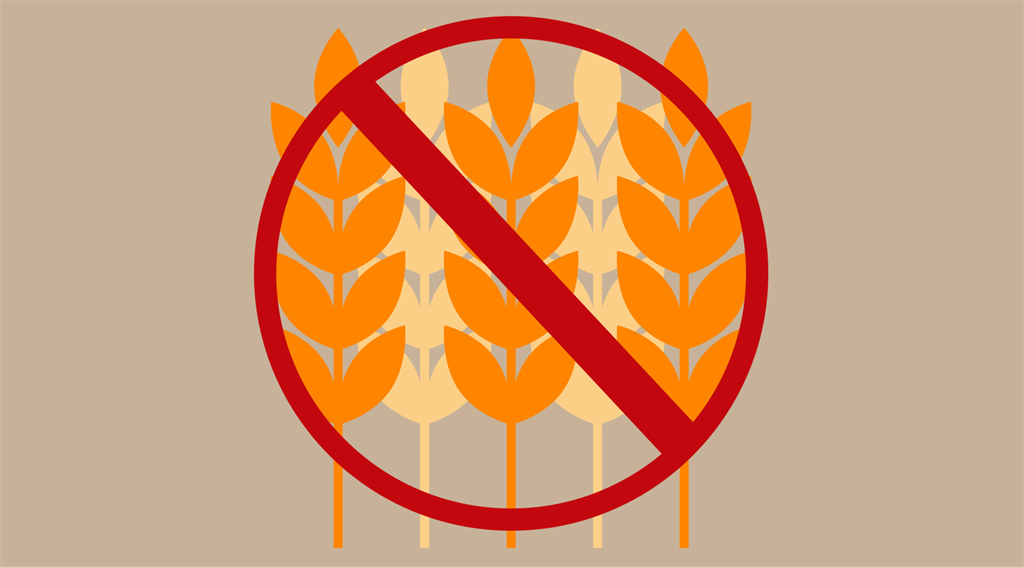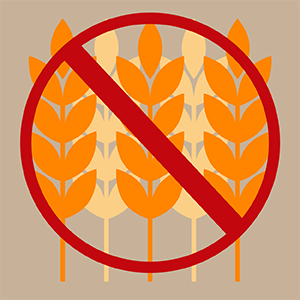
Going wheat-free is the latest health craze, but is it necessary?
A wheat-free diet is no longer reserved only for those with a diagnosed wheat allergy or intolerance. Many adopt it as a “fad diet”, hoping to drop a few kilos. Lauren Du Toit Bartholomew, a registered dietician from Cape Town, gives us the lowdown on the health benefits and drawbacks.
Pros
Stabilised blood sugar. Wheat is a big contributor to glucose in the body. Eliminating wheat from your diet may allow you better control over your blood glucose levels. This is especially helpful for diabetics who need to constantly monitor their blood glucose and insulin levels.
Keep your sugar regular. Wheat can be difficult to digest. Too much of this carbohydrate makes your intestines work harder and can sometimes lead to blockage or sluggish digestion. Eating less wheat can ease the discomfort by giving your digestive system a break.
Possible weight loss. Sticking to a wheat-free diet may help you lose weight and prevent extra kilos from popping up. If you eliminate wheat from your diet, you'll also get rid of carb-rich processed foods like white bread, pizza, crackers, biscuits, and pasta.
Cons
Increased risk for chronic constipation. Foods that contain wheat are usually a good source of fibre, which ensures the digestive system functions optimally. Getting rid of fibre-rich wheat products from your diet (e.g. brown bread, wholewheat pasta, and high-fibre breakfast cereal) may lead to chronic constipation.
Vitamin B deficiency. Many foods that contain wheat are also good sources of Vitamin B, an essential nutrient needed to create energy from food, and make and repair cells and tissue. Without enough Vitamin B, your body cannot function at its best and you may become seriously ill.
Possible weight gain. Removing wheat from your diet may cause weight gain if you're not careful. While wheat and gluten-free products sound healthy, these foods often contain higher levels of fat and sugar, making them high in calories.
Good to know
- If something's labelled "gluten-free", it's automatically wheat-free as well. If it's labelled "wheat-free", it doesn't necessarily mean it's gluten-free. Remember this when shopping and reading labels.
- Avoid all commercial foods and products, especially if you have a wheat allergy.
- Make your own salad dressings and sauces. Shop-bought mayonnaise, tomato sauce, and soya sauce may contain wheat or its byproducts. The same goes for spices like curry powders and gravy extracts.
- Always cook from scratch, stick to fresh produce, and avoid all deli food and processed meats. This is the best way to ensure that you aren't having wheat or any of its byproducts.





 Publications
Publications
 Partners
Partners















